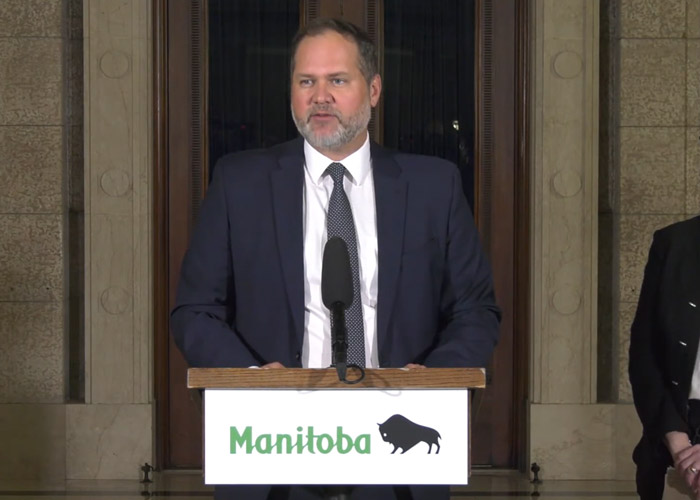The Manitoba government has proclaimed Nov. 19 to 25 as Restorative Justice Week, highlighting the accomplishments of restorative justice practices in the province.
“Restorative justice supports healing, accountability, and the prevention of future harm,” said Justice Minister Matt Wiebe. “As we continue to use restorative justice efforts effectively, we are able to build a more robust justice system, one that holds offenders accountable, offers swift programming to address the root causes of crime and actions that better support victims.”
Manitoba introduced the Restorative Justice Act in 2015 to rehabilitate offenders through reconciliation with victims and the community at large. Restorative justice cases are handled in the community outside of the traditional court process with a focus on the needs of the victims and the offenders as well as the involved community.
“Manitoba’s restorative justice program diverts over 3,400 cases each year from the traditional court process to address the needs of the offender and victim more holistically,” said Wiebe.
The Indigenous Justice Program, co-funded with the federal government, provides funding for 10 Indigenous justice programs throughout Manitoba. The Manitoba government also funds four restorative justice programs that support 52 community justice committees across Manitoba including rural and northern areas. The Restorative Justice Centre within Manitoba Justice also provides support for additional programming and handles more serious cases when required, the minister added.
In celebration of Restorative Justice Week, restorative justice events will be hosted throughout the province. Manitoba continues to be a leader of restorative justice in the country, which is reflective of collaboration and support through its community and justice system partners, the minister noted.
To discover more about restorative justice in Manitoba, visit gov.mb.ca.




